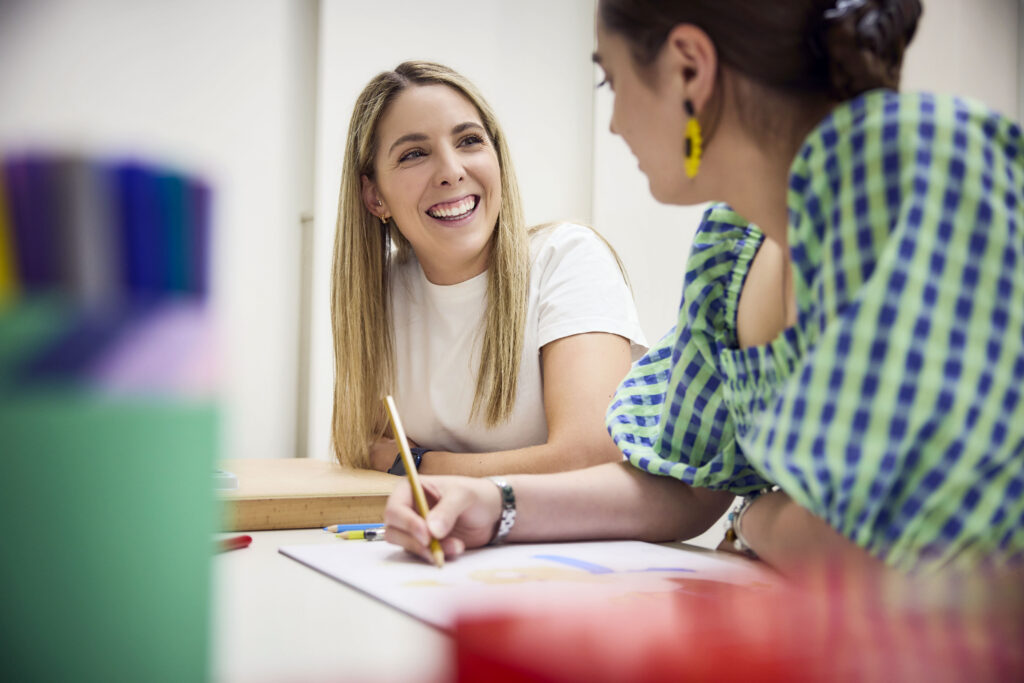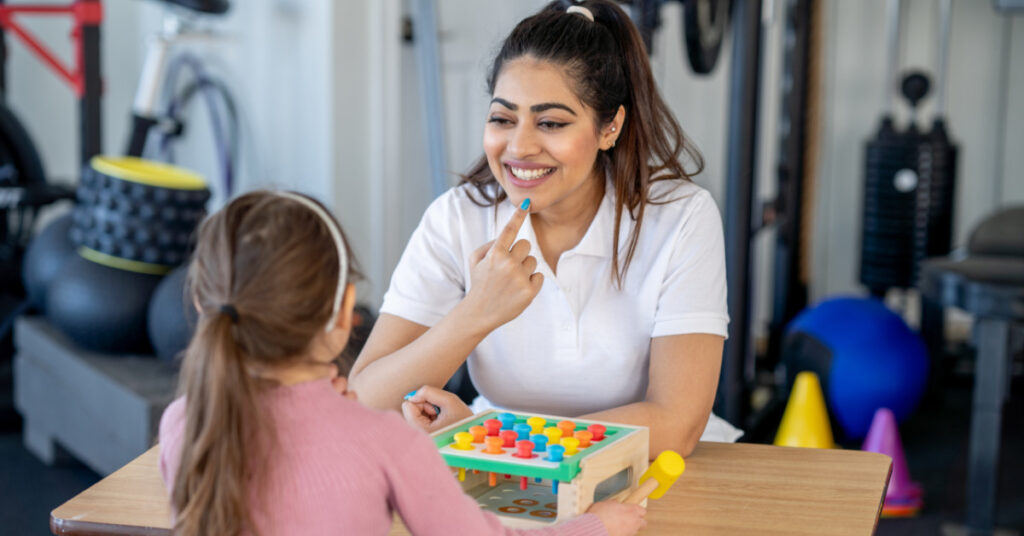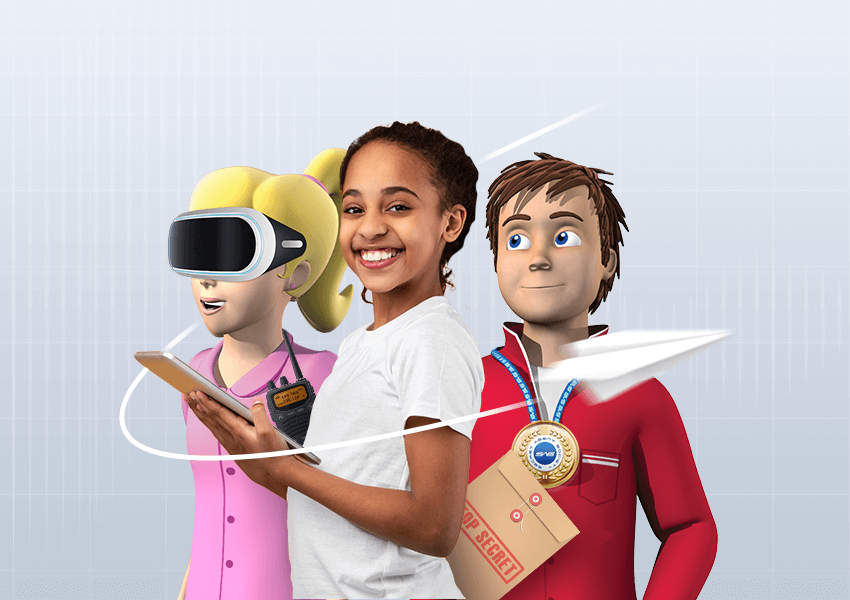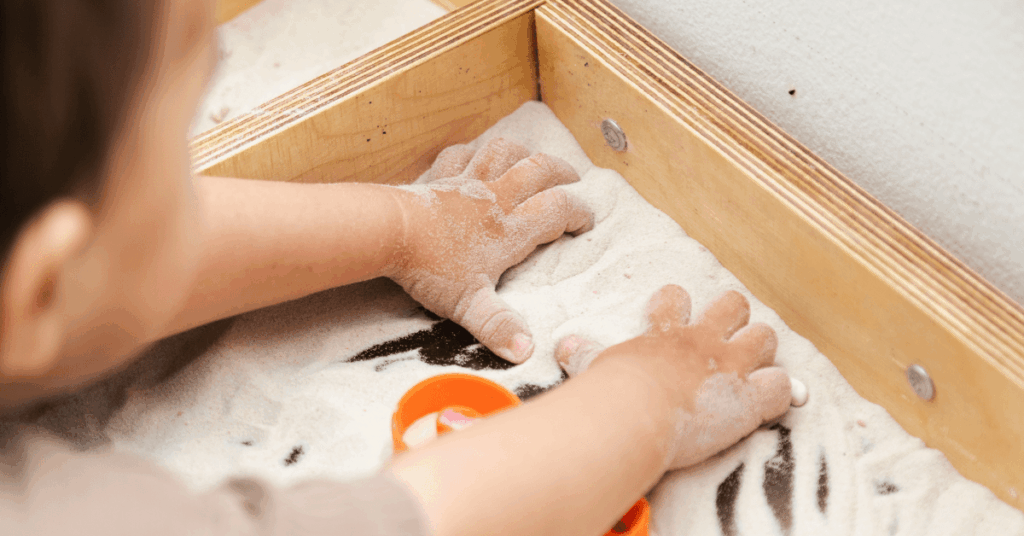The power of play: why it’s essential for your child’s growth
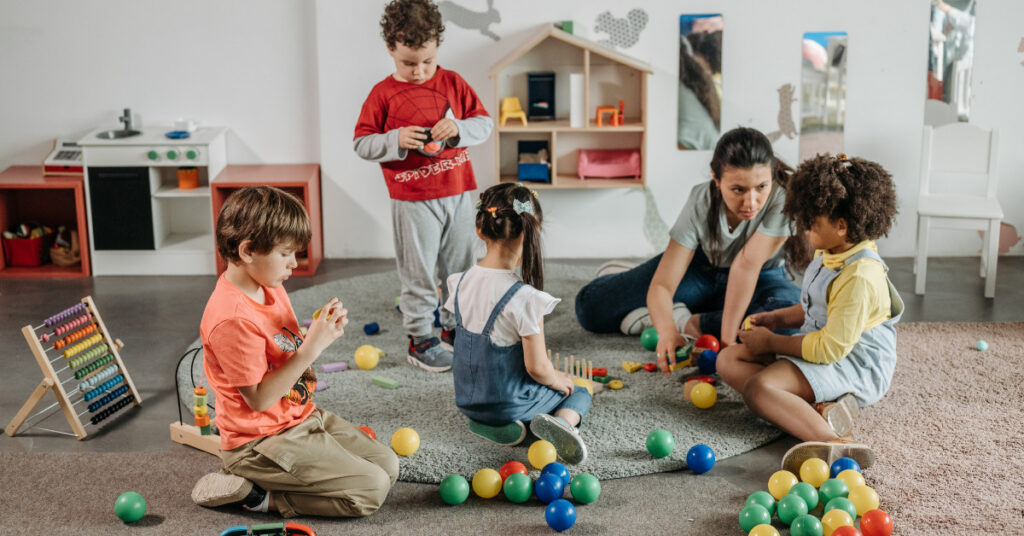
As a parent, you might wonder why your child spends so much time playing.
It turns out that play is not just fun—it’s fundamental to your child’s development.
Especially in early intervention, play-based therapy offers a natural, engaging way to support your child’s growth.
Children learn best when they are engaged and having fun and this is why play based therapy is the best way to support your little ones development.
Boosts brain development
Play stimulates your child’s brain, enhancing cognitive functions like problem-solving, memory, and attention.
Engaging in activities such as building with blocks or solving puzzles helps children understand the world around them and develop critical thinking skills.
Enhances communication skills
Through play, children learn to express themselves and understand others.
Whether it’s through simple gestures, words, or shared activities, play provides a natural context for developing communication skills.
Fosters social connections
Play encourages social interaction, allowing children to learn about turn-taking, sharing, and understanding social cues.
These interactions are crucial for developing meaningful relationships with peers and adults.
Supports emotional development
Through play, children can explore and express their emotions in a safe environment.
This helps them understand and manage their feelings, contributing to emotional regulation and resilience.
Tailors learning to your child
Play-based therapy allows for activities that match your child’s unique interests to find their motivation to learn new things.
For example, sensory activities such as swinging, jumping, or proprioceptive input help children remain regulated to support learning—a common challenge in autism.
These activities promote sensory processing and help children feel more comfortable in their environment.
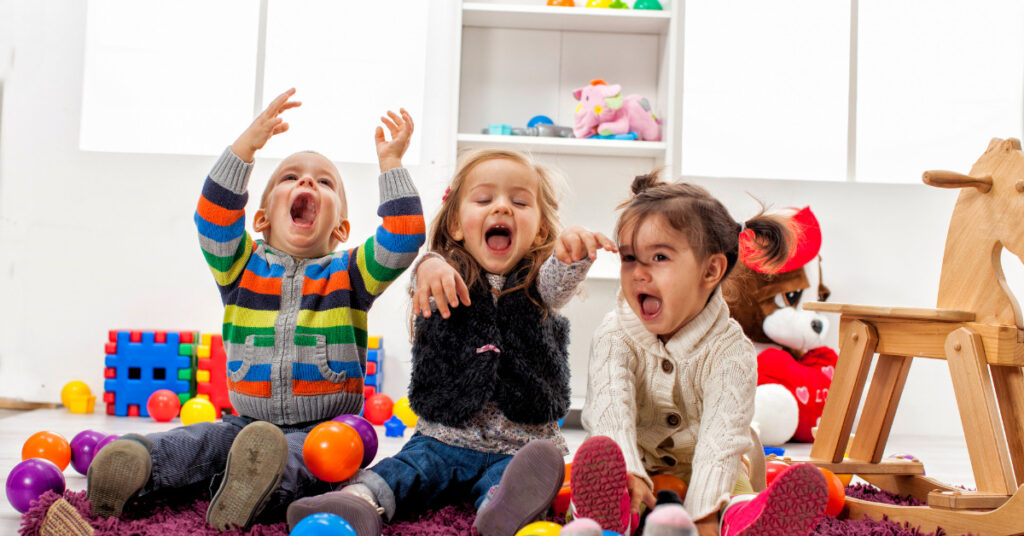
How you can support at home
You’re your child’s first and most important teacher.
By incorporating play into daily routines, you can reinforce the skills learned in therapy.
Simple activities like playing peek-a-boo, singing songs, or building with blocks can make a big difference.
Play is not just a way to pass the time—it’s a powerful tool for learning and connection.
Through play, children develop essential skills that lay the foundation for a happy, healthy future.
By embracing play-based therapy, you’re giving your child the best start in life.




